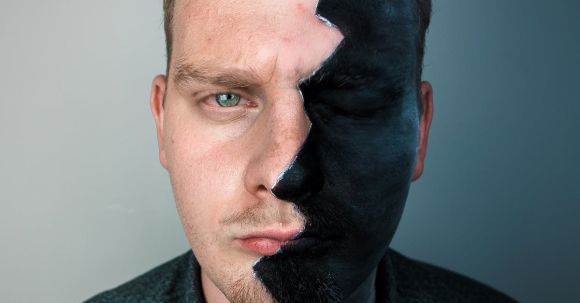Understanding the complex relationship between psychology and criminal behavior is essential in order to prevent and address criminal acts effectively. Criminal behavior is influenced by a variety of factors, including biological, environmental, and psychological elements. In this article, we will explore the link between psychology and criminal behavior, shedding light on the psychological factors that contribute to criminal acts.
The Role of Personality Disorders
One of the key psychological factors associated with criminal behavior is the presence of personality disorders. Research has shown that individuals who engage in criminal activities often exhibit traits of antisocial personality disorder (ASPD). People with ASPD tend to display a lack of empathy, impulsivity, and a disregard for the rights of others. These characteristics contribute to their engagement in illegal and harmful behaviors.
Childhood Trauma and Criminality
Another important link between psychology and criminal behavior is the role of childhood trauma. Research has consistently demonstrated that individuals who have experienced childhood trauma are more likely to engage in criminal activities later in life. Childhood trauma can include physical, emotional, or sexual abuse, neglect, or witnessing violence. These traumatic experiences can lead to the development of psychological disorders, such as post-traumatic stress disorder (PTSD), which increases the risk of criminal behavior.
Mental Health Disorders and Criminality
Psychological disorders, such as depression, anxiety, and substance abuse, are also closely associated with criminal behavior. Individuals who suffer from these disorders often turn to criminal activities as a means of coping with their symptoms or obtaining substances. For example, individuals with substance abuse disorders may engage in theft or drug dealing to support their addiction. Addressing mental health disorders is crucial in preventing and reducing criminal behavior.
The Influence of Social Learning
Social learning theory suggests that individuals learn and imitate behaviors by observing others in their social environment. This theory can help explain the link between psychology and criminal behavior. If individuals grow up in environments where criminal behavior is prevalent and normalized, they are more likely to engage in similar behaviors. This highlights the importance of providing positive role models and fostering healthy social environments to prevent criminality.
Cognitive Distortions and Criminal Acts
Cognitive distortions refer to irrational and biased thinking patterns that can contribute to criminal behavior. Individuals with cognitive distortions may justify their actions, minimize the consequences, or blame others for their behavior. These distorted thoughts can lead to a lack of guilt or remorse, making it easier for individuals to engage in criminal acts without feeling the need to change their behavior.
Interventions and Prevention
Understanding the link between psychology and criminal behavior is crucial in developing effective interventions and prevention strategies. By addressing the underlying psychological factors that contribute to criminality, such as personality disorders, childhood trauma, and mental health issues, professionals can develop targeted therapies and treatments to reduce recidivism rates.
Conclusion
The link between psychology and criminal behavior is complex and multifaceted. Personality disorders, childhood trauma, mental health disorders, social learning, and cognitive distortions all play a role in shaping criminal behavior. By recognizing and addressing these psychological factors, we can work towards preventing and reducing criminal acts. It is essential to invest in research, intervention programs, and support services that focus on the psychological aspects of criminality, in order to create safer communities and help individuals lead productive and law-abiding lives.
